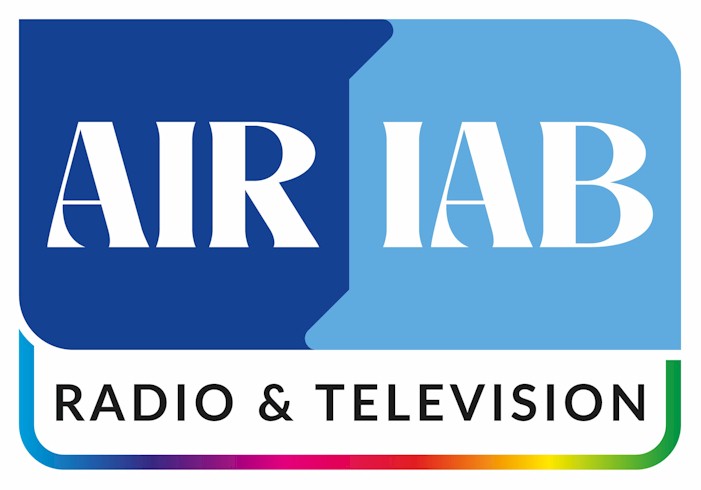United States | WTOP GM speaks for NAB at journalism protection hearing
While the House Judiciary Committee spent more than 2 1/2 hours debating the “American Music Fairness Act” on Wednesday morning, the Senate Judiciary Committee’s Subcommittee on Competition Policy, Antitrust, and Consumer Rights held a hearing devoted to “journalism, competition, and the effects of market power on a Free Press.”
Among the witnesses seated in Room 226 of the Dirksen Senate Office Building on Capitol Hill for the afternoon in-person session: the head of the highest-billing radio station in the U.S.
That’s Joel Oxley, General Manager of Hubbard Broadcasting’s all-News giant serving Washington, D.C., WTOP.
With former U.S. presidential candidate and Minnesota Senator Amy Klobuchar presiding, ensuring local news “survives and thrives” while facing a “crisis” served as the focal point of the hearing.
While local television news continues to bring in sizable audiences and ad dollars, revenue for U.S. newspapers has plummeted between 2008 and 2020, as news consumers shift their habits from a print publication to digital news sources.
Then, there is Radio, an important information source in markets across the U.S. — including Oxley.
And, that’s why Oxley testified on behalf of AM and FM stations across the U.S. delivering news, weather, sports, traffic and other community-oriented information to local listeners.
Also appearing as witnesses: Jennifer Bertetto, President/CEO of Total TRIB Media, owner of the Pittsburgh Tribune-Review and its associated publications; Harvard Law School lecturer Daniel Francis; Econ One Research Managing Director Hal Singer; and Free Speech America and Business for the Media Research Center VP Dan Gainor.
Intriguingly, no representative of local television news was present at the hearing.
“We are here today to learn how to give these news outlets a fighting chance,” Kobluchar said.
It’s a testy topic. While the U.S. news media is indeed suffering from unprecedented challenges, the newspaper industry has been in a perpetual decline for more than 35 years. The arrival of the World Wide Web in 1995 only exacerbated a downturn that saw the Pittsburgh Press, crippled by a labor strike, cease publication altogether. This allowed the Greensburg, Pa., daily to begin publishing a Pittsburgh edition, giving a second voice to the city to go alongside the Post-Gazette. Today, the Tribune-Review remains the No. 2 newspaper in the region, competing with local digital more than ever given its suburban roots and brands reaching communities across the region outside of the city of Pittsburgh.
As RBR+TVBR went to press, Oxley noted he was speaking on behalf of the NAB. He played up the localism of radio, and that the pandemic proved consumers rely on local media — including radio — for vital information.
“Quality journalism has only been made possible through advertising revenue, and they have been in a rapid free-fall in recent years,” Oxley said. Why? He attacked the big tech platforms that have grown their local digital advertising solutions, while lamenting that WTOP’s content on Google and Facebook is being delivered to consumers without compensation models that support WTOP’s efforts.
“The dominant online platforms have flourished, siphoning off huge amounts of advertising revenues that are the lifeblood of free, local journalism,” Oxley said to the Senators. “Consider the big storm that just blew through the Northeast over the weekend – a nor’easter and blizzard conditions. Tons of work at a lot of cost and time for local broadcasters to cover it for millions of people. But not for Facebook, Google and the like. They simply take our coverage and profit from it, and virtually nothing comes back to us. But without local news, my guess is a lot of people would have not evacuated places like Cape Cod last weekend, and lives would have been risked. We just can’t have that.”
This argument is perhaps Oxley’s strongest in support of the Journalism Competition and Preservation Act (JCPA), something he believes is needed “to preserve this essential cornerstone of our democracy.” The JCPA was reintroduced in the current Congress by Klobuchar and Sen. John Neely Kennedy (R-Louisiana). Supported by the NAB, Oxley says the JCPA “would level the playing field by creating a temporary safe harbor for broadcasters and certain digital publications to jointly negotiate with dominant online platforms regarding the terms and conditions by which their content may be accessed online.”
COVID-19’s IMPACT ON NEWS TEAMS
The pandemic’s impact on journalists is a related topic for JCPA sponsors, and that’s at the heart of a just-released survey of journalists conducted by Northwestern University’s Medill School of Journalism, Media, and Integrated Marketing Communications.
The key takeaway: two years after Covid-19 disrupted life and work across the globe, journalists say they’re struggling to cope with the pandemic’s psychological and emotional pressures.
Nearly four of every five journalists said dealing with the mental toll has been either “very difficult” or “somewhat difficult,” according to the survey. Nearly seven in 10 said they were still mostly working remotely at the end of 2021, and more than half said their daily responsibilities at work had increased.
